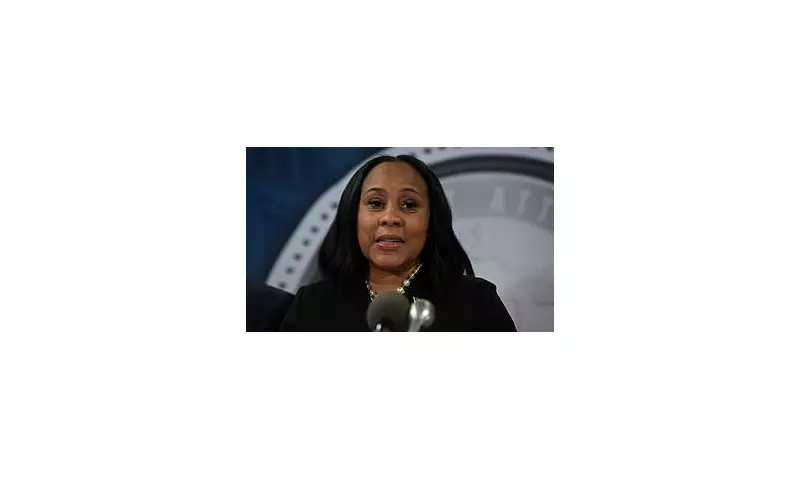
In a dramatic legal development that has sent shockwaves through American politics, a Georgia judge has thrown out the election interference case against Donald Trump that was being pursued by Fulton County District Attorney Fani Willis.
The Grounds for Disqualification
Judge Scott McAfee ruled that Willis must be removed from the case due to a "significant appearance of impropriety" stemming from her romantic relationship with special prosecutor Nathan Wade, whom she had hired to lead the investigation. The ruling came after defence lawyers argued that Willis financially benefited from the relationship through vacations paid for by Wade.
While the judge found that the defence failed to prove an actual conflict of interest, he determined that the appearance of impropriety was sufficient to require Willis's disqualification under Georgia law. "This finding is by no means an indication that the Court condones this tremendous lapse in judgment or the unprofessional manner of the District Attorney's testimony during the evidentiary hearing," McAfee wrote in his 23-page order.
The Relationship That Rocked the Case
The controversy erupted in January when Michael Roman, one of Trump's co-defendants, filed a motion alleging that Willis and Wade were involved in an improper romantic relationship and that Willis had improperly benefited from it. Defence attorneys presented evidence showing that Wade had billed over $650,000 for his work on the case and had taken Willis on vacations to Napa Valley and the Caribbean.
Both Willis and Wade acknowledged the relationship but testified that it began after Wade was hired in November 2021 and ended in summer 2023. They insisted that expenses were divided roughly equally between them, though they provided little documentation to support this claim.
Judge McAfee noted that the timing of the relationship remained "uncertain" and that the evidence "raised a reasonable question about whether the District Attorney and her hand-selected lead prosecutor testified untruthfully" about when it began.
What Happens Next for the Georgia Case
The ruling doesn't automatically end the case against Trump and his 14 co-defendants. Instead, it gives the Georgia Prosecuting Attorneys' Council until noon on Friday to appoint another prosecutor who would then decide whether to continue with the case, modify the charges, or dismiss it entirely.
This creates significant uncertainty for what many legal experts considered one of the strongest cases against the former president. The new prosecutor would have full authority over the case and could make substantially different decisions about how to proceed.
The case centres on allegations that Trump and his allies illegally conspired to overturn Georgia's 2020 election results, which Joe Biden won by nearly 12,000 votes. The original indictment included 41 counts under Georgia's RICO Act, with prosecutors alleging a "criminal enterprise" aimed at reversing Trump's loss.
Legal analysts suggest the case could be substantially delayed, potentially pushing any trial well beyond the November presidential election. This represents a major victory for Trump, who has repeatedly characterised all four criminal cases against him as politically motivated "witch hunts."
The decision marks the second significant legal development for Trump this week, following the reduction of the bond amount in his New York civil fraud case. The Georgia ruling effectively removes what many considered the most immediate legal threat to the former president's campaign activities.





